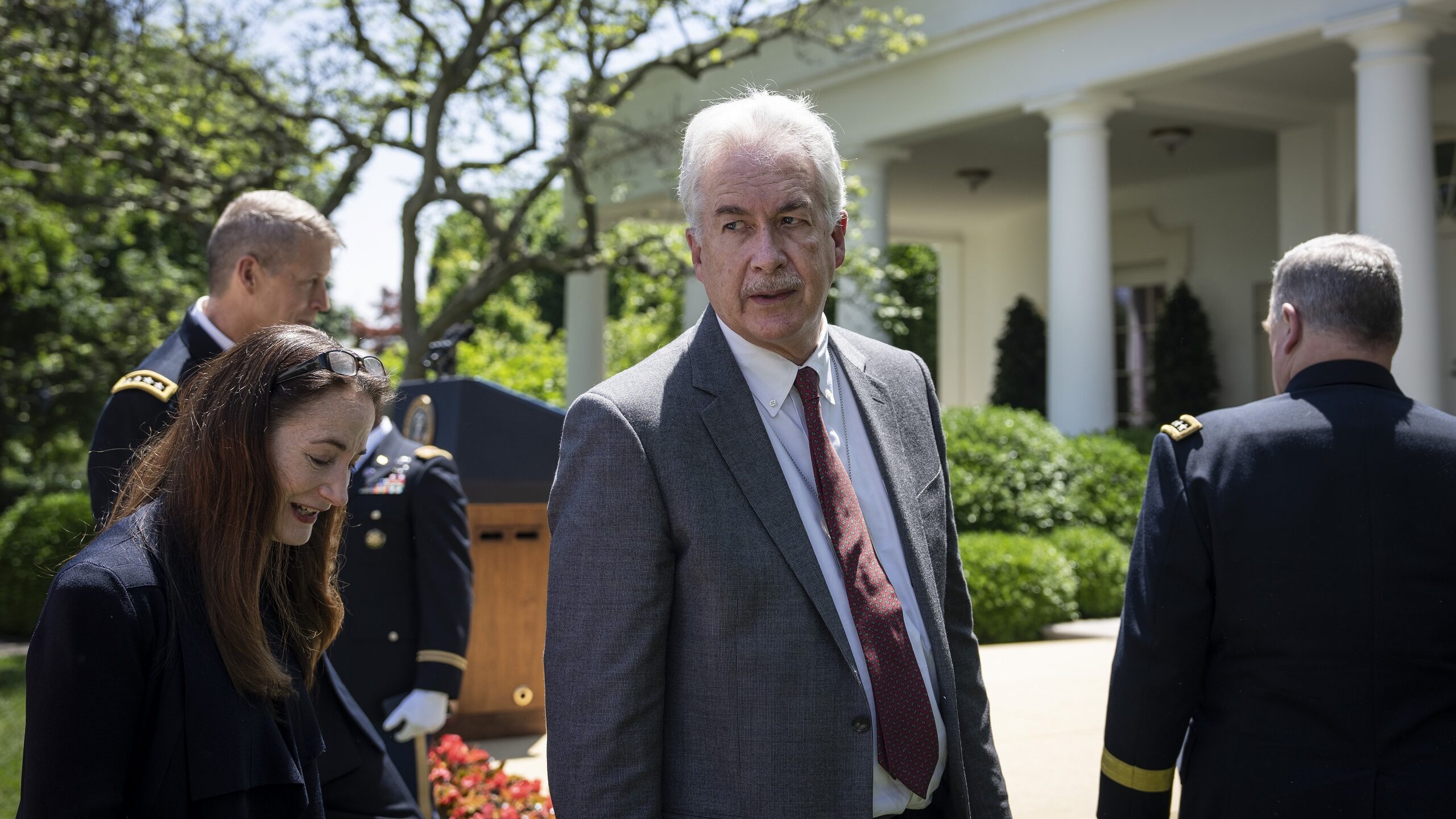Intelligence Cooperation Between America and China
Asharq Al-Awsat, London, July 13
On July 1, William Burns, director of the CIA, addressed the esteemed Ditchley Foundation in England during its 59th annual lecture. Burns, an illustrious diplomat, served as the US ambassador to Jordan and later to Russia, as well as deputy secretary of state. He emphasized that “we are, as President Joe Biden states, at a crossroads.” In his remarks, Burns detailed that our purpose is to craft what comes next in global politics and bequeath to the following generations a more liberated, impartial, secure, and affluent world. He noted that this is “a long-term pursuit” that will take time. Burns recounted his experience with Moammar Gadhafi in 2004 when he was assistant secretary of state for Near Eastern affairs. Alongside British diplomats and intelligence officers, Burns worked to encourage Gadhafi to reject terror tactics and relinquish his rudimentary nuclear program. Even today, Burns refers to the Libyan leader as “the strangest” leader he ever met. In 2008, as US ambassador to Russia during President George W. Bush’s administration, Ambassador Burns wrote to then-Secretary of State Condoleezza Rice, noting that Ukrainian entry into NATO was seen as a “red line” by Russian elites, and as “a direct challenge to Russian interests.” In 2013, during the Obama Administration, Ambassador Burns initiated secret talks with Iran in Oman that ultimately helped lead to the 2015 US-Iran Nuclear Deal. In August 2021, he held a clandestine meeting in Kabul with members of the Taliban leadership, the new de facto rulers of Afghanistan. A close ally of Burns remembers an interview that took place with him in March 2019, when he was the president of the Carnegie Endowment for International Peace. During the interview, he displayed his realistic outlook on global politics when he said: “It is highly unlikely that Kim Jong Un, president of North Korea, will fully denuclearize in the foreseeable future. He believes nuclear weapons and missiles are necessary for his security and maintaining his regime. So the question for us is: how can we reduce the risks even if we keep complete denuclearization off the table?” In November 2021, three months prior to the Russian invasion of Ukraine, President Biden sent Burns to Moscow to meet with Putin’s national security adviser, Nikolai Patrushev. During the meeting, Burns revealed US intelligence was aware of Russia’s impending invasion plans and made it known that the West would respond with brute force were Russia to proceed with its plan. During the Ditchley lecture, Burns articulated his understanding of Putin and Ukraine, stating: “It is a mistake to underestimate Putin’s focus on controlling Ukraine, without which, he believes, it is impossible for Russia to be a great power, or for him to be a great Russian leader.” Burns has exposed Russian oligarchs’ callousness and the Kremlin’s misguided decision to invade Ukraine. Regarding China, Burns noted they are the only nation with the ambition to reshape the international system, in addition to holding economic, diplomatic, military, and technological power to do so. However, special attention is paid to the actions of Chinese President Xi Jinping, such as his partnership with Putin, as well as threats to peace and stability in the Taiwan Strait. After wary consideration of the potential threat posed by Beijing, Burns acknowledged the “intense economic interdependence and trade relations” which have served the US, China, and the world well. However, this has also created “strategic dependencies, critical vulnerabilities, and grave risks to our security and prosperity,” according to Burns. He further cautioned that “we don’t have an option to focus on a single geopolitical risk,” due to China’s increasing investment in emerging technologies. To effectively address the challenge of China, Burns announced the establishment of the CIA’s first single-country mission center to specialize in China-related activities. Through this move, the CIA has doubled the budget dedicated to its China-related endeavors over the last two years, as well as massively increased the recruitment and training of personnel with expertise in Mandarin. CIA officers around the world have reported a notable increase in their competitive efforts against China, with Director Burns also mentioning the use of discrete backchannel talks with the Chinese government. These secret pathways allow for the prevention of unwarranted confusion and miscalculations, ultimately supporting and elevating the decision-making abilities of the intelligence service. With Burns’ exemplary experience and insight, the future of the CIA looks promising. —Huda al-Husseini (translated by Asaf Zilberfarb)


